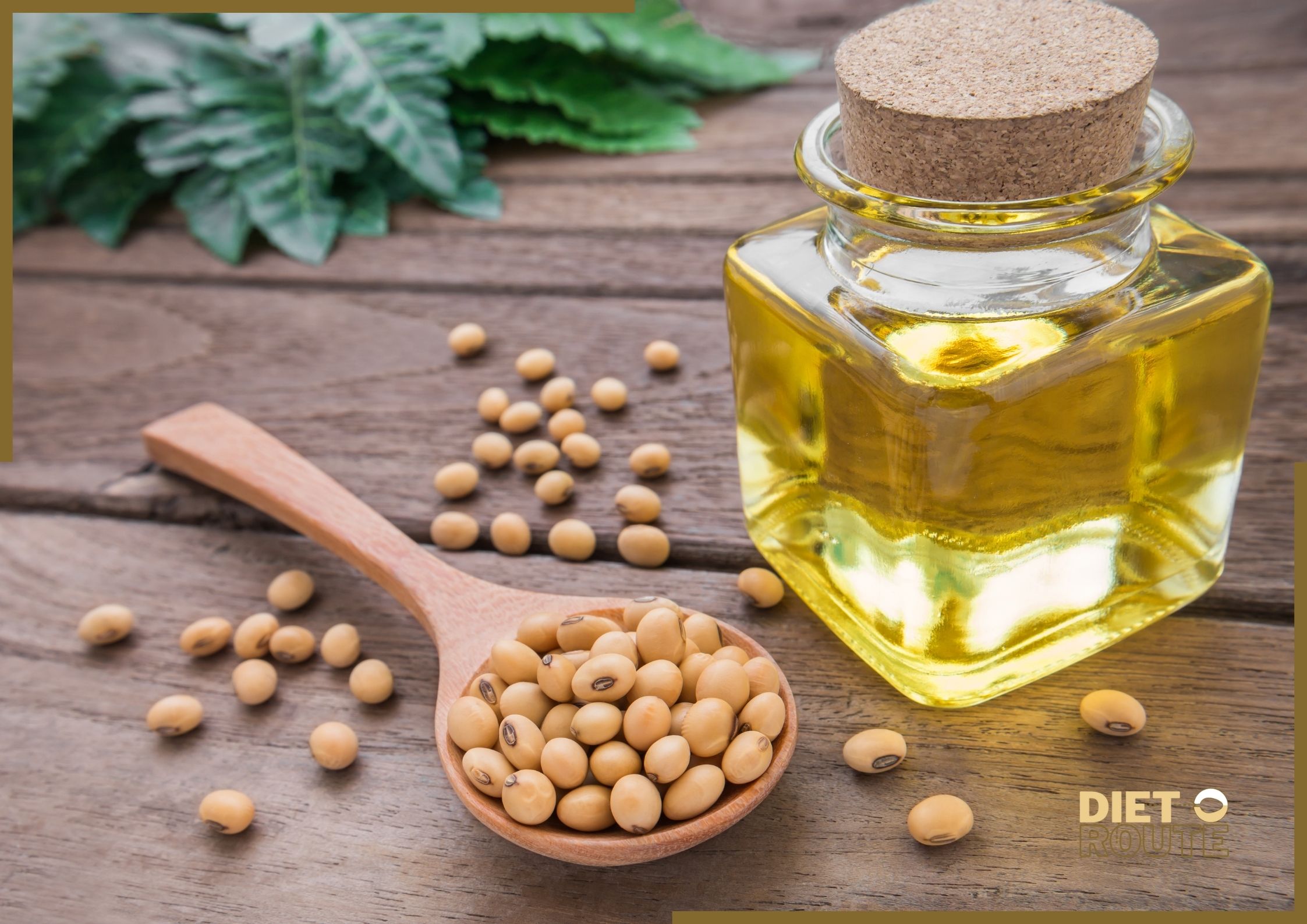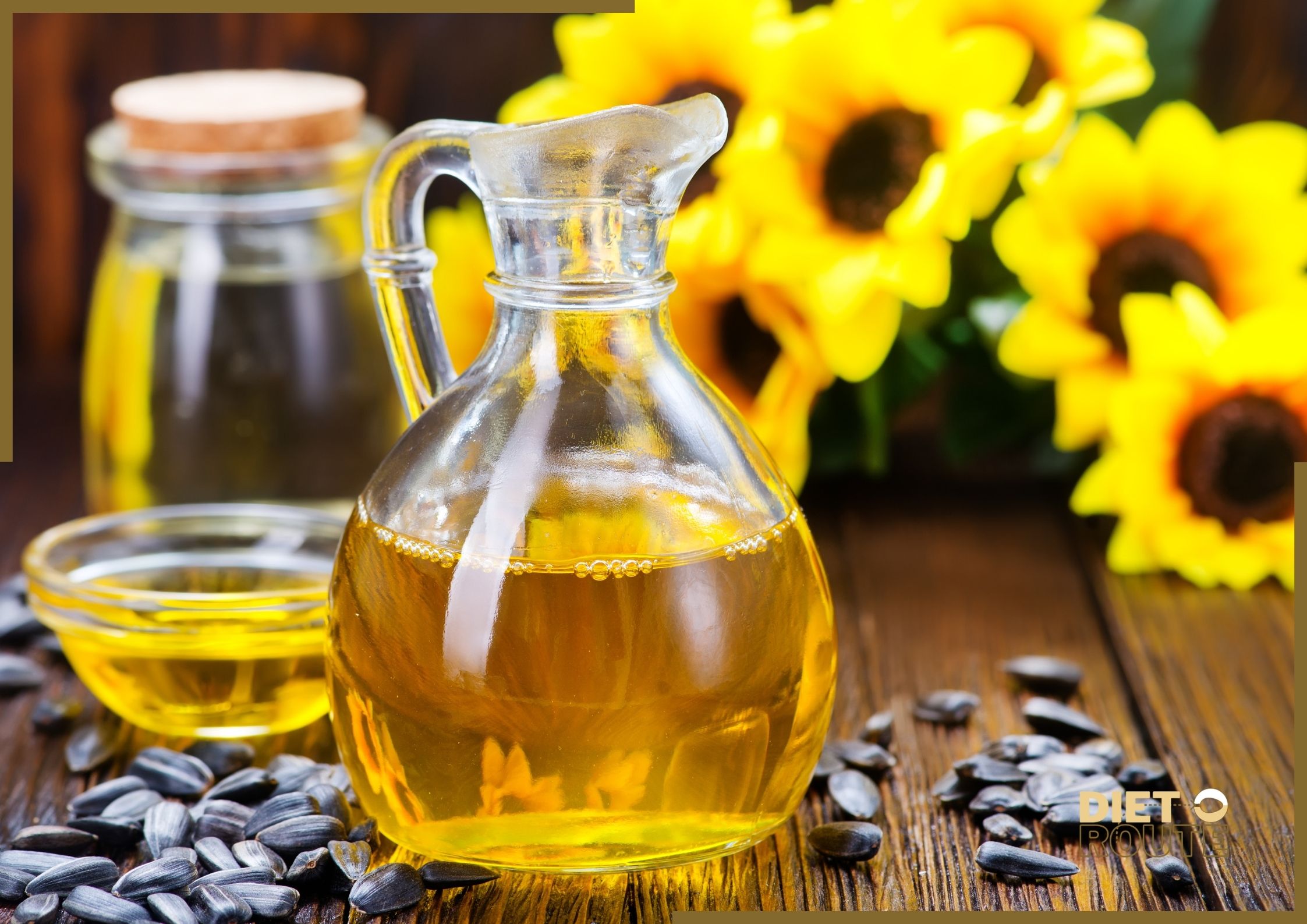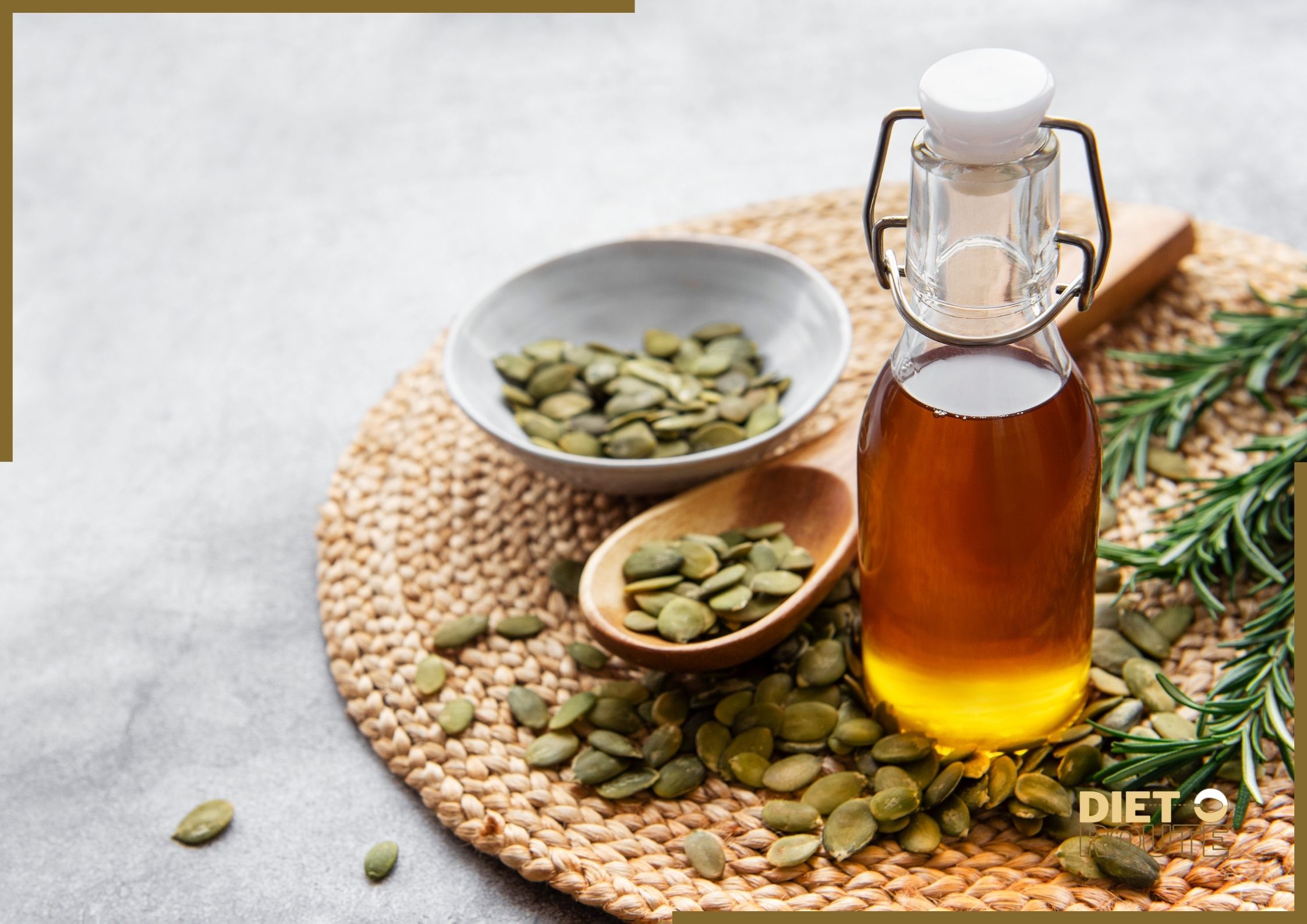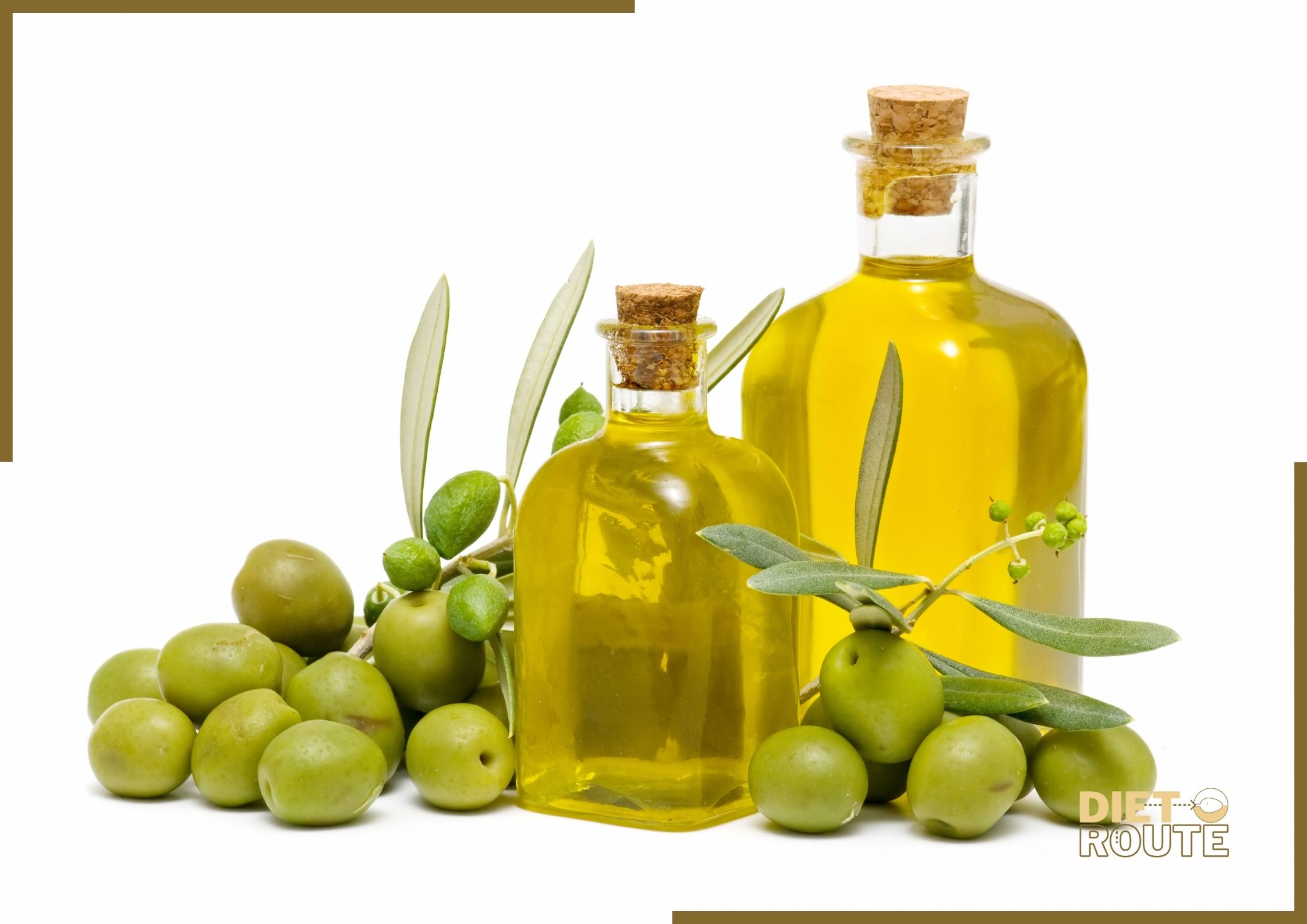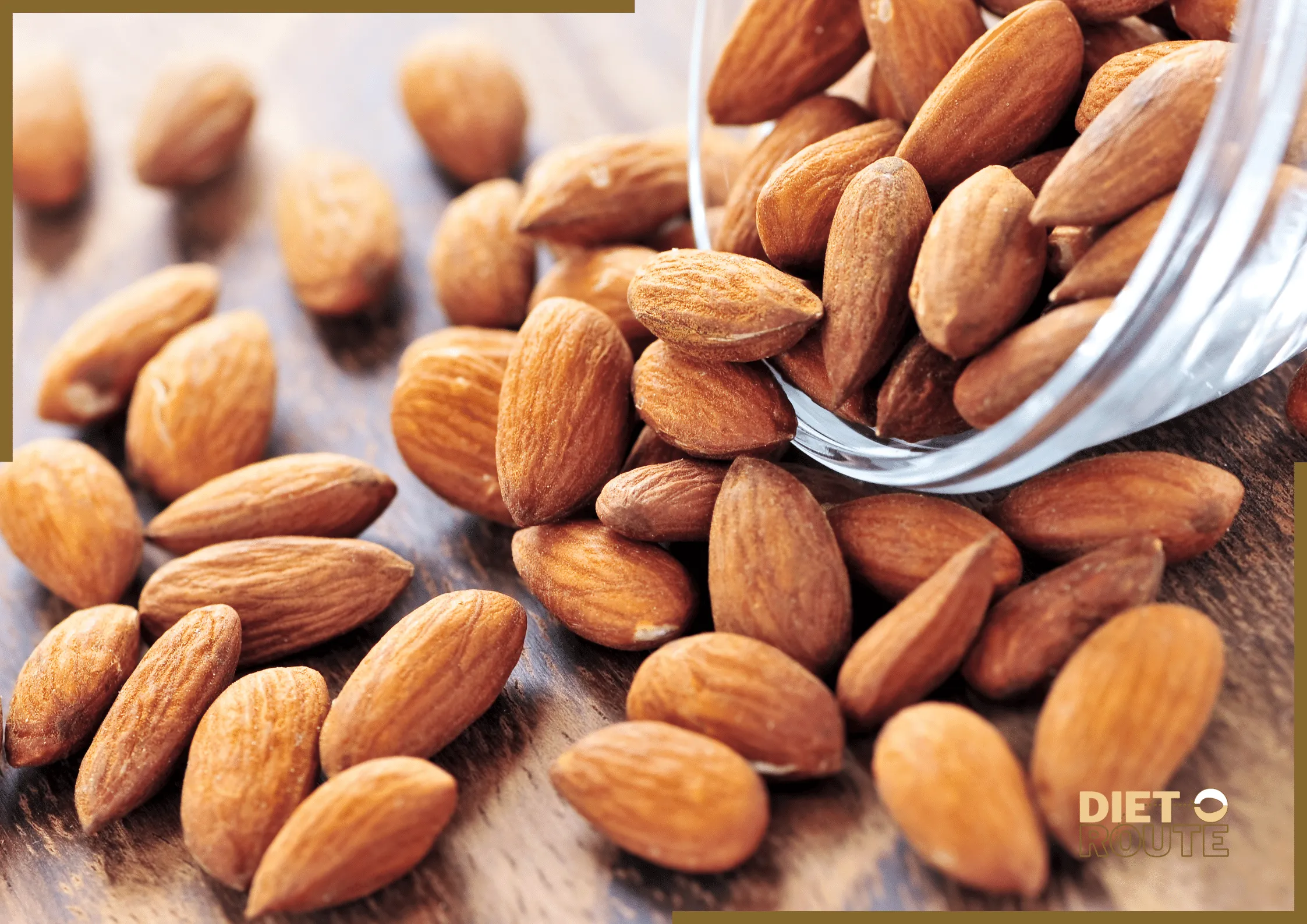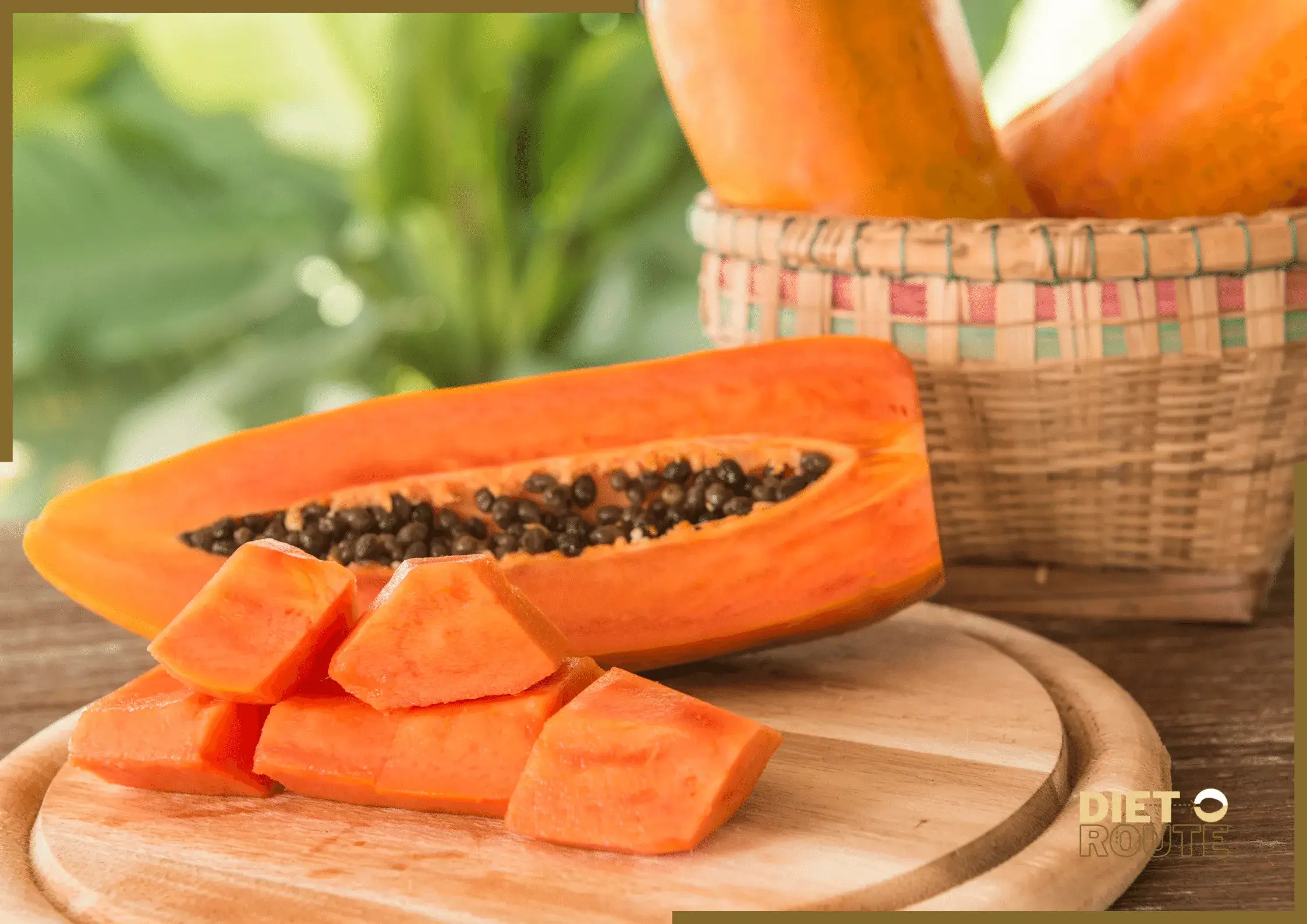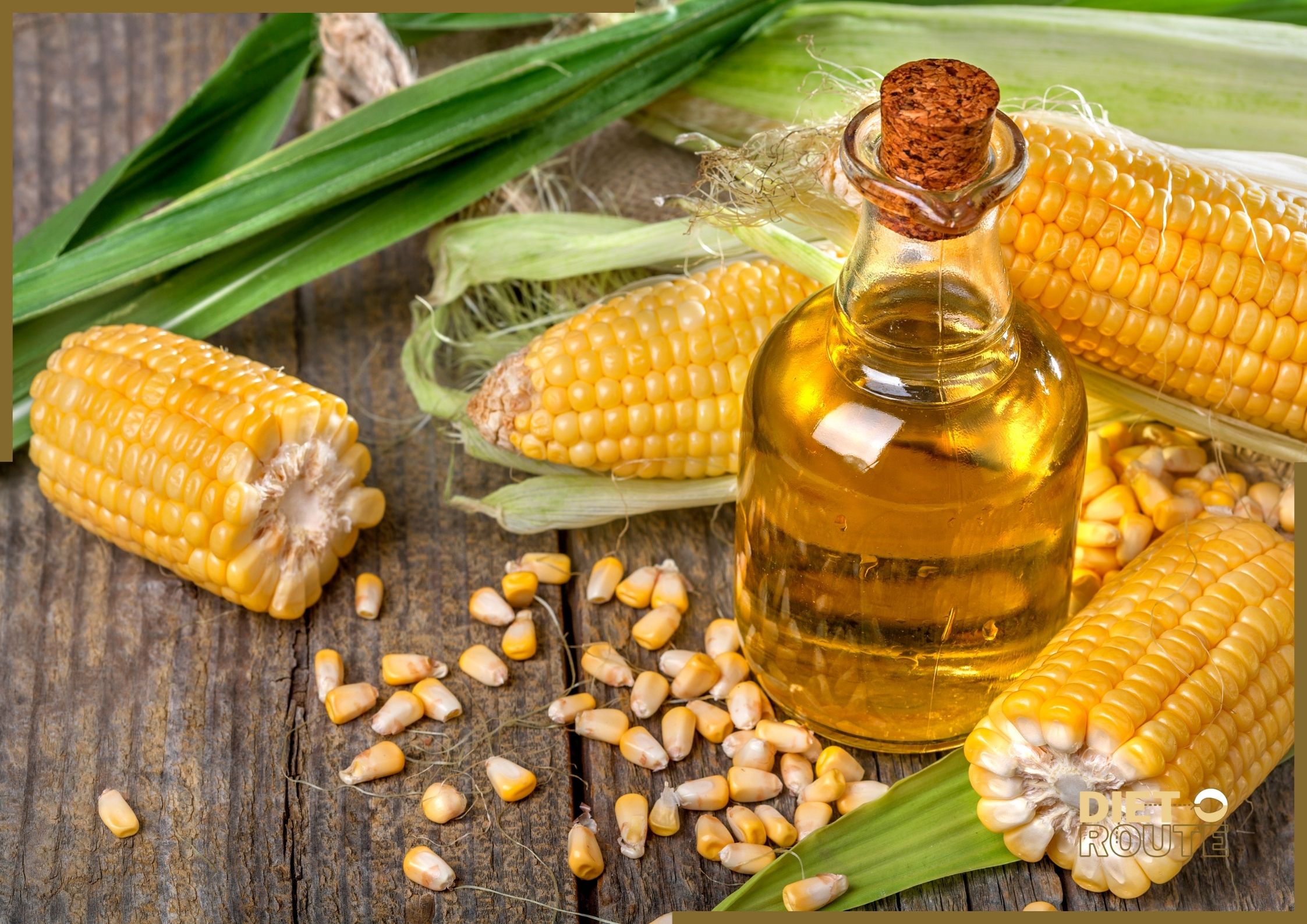Table of Contents
Introduction
One of the most widely used cooking oils in the world is edible cooking oil, which is derived from the seeds of the soybean plant. Soybean oil is a well-liked ingredient in a variety of cooking recipes due to its mild flavor and versatility. A table showcasing the approximate nutritional value of edible soybean oil per 100 grams will be included in this piece. We will also talk about the pros and cons of eating soybean oil, answer some of the most common questions about it, and help you decide if you want to add it to your diet.
Nutritional Value Approximately 100g
| Nutrient | Amount Per Serving (1 tablespoon) | % Daily Value |
|---|---|---|
| Calories | 120 | 6% |
| Total Fat | 14g | 18% |
| – Saturated Fat | 2g | 10% |
| – Trans Fat | 0g | |
| Monounsaturated Fat | 4.1g | |
| Polyunsaturated Fat | 7.8g | |
| Cholesterol | 0mg | 0% |
| Sodium | 0mg | 0% |
| Total Carbohydrates | 0g | 0% |
| – Dietary Fiber | 0g | 0% |
| – Sugars | 0g | |
| Protein | 0g | 0% |
| Vitamin E | 7.9mg | 53% |
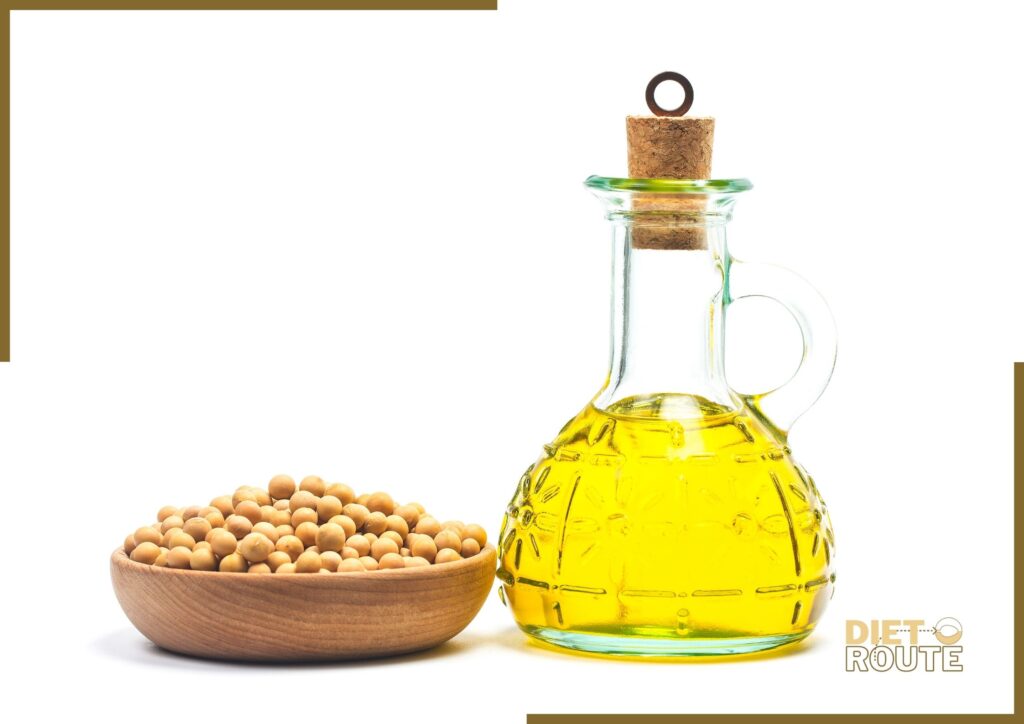
Pros
1. Heart-Healthy Fats:
This oil is low in heavy fat and high in unsaturated fats, such as omega-6 fatty acids, which can help improve heart health.
2. Vitamin E:
It has a lot of vitamin E, which is an antioxidant that helps the nervous system and keeps cells from getting damaged.
3. Versatile Culinary Applications:
It has a high smoke point, making it suitable for a wide range of cooking techniques, such as frying, sautéing, and baking.
4. Neutral Flavor:
It has a neutral flavor that lets the natural flavors of low-calorie ingredients shine through without taking away from them.
Cons
1. Omega-6 Fatty Acid Imbalance:
Omega-6 fatty acids are important, but too much of them without enough omega-3 fatty acids may contribute to inflammation. Maintaining a balance between these fatty acids in the diet is important.
2. Allergy Potential:
Because it is derived from soybeans, individuals who have allergies to soy should be careful when consuming this oil.
Frequently Asked Questions (FAQ)
1. Is soybean oil suitable for high-heat cooking?
Yes, it has a high smoke point, making it suitable for high-heat cooking techniques.
2. Can you make salad dressings with soybean oil?
Yes, because it has a mild flavor, it can be used in salad dressings.
3. Is soybean oil suitable for individuals who have allergies to nuts?
Due to the fact that this oil does not contain nuts, it is typically safe for individuals with nut allergies. But you should always check for the possibility of cross-contamination.
4. Is there cholesterol in soybean oil?
The cholesterol content of this oil is zero.
5. Is soybean oil a good substitute for other oils?
Yes, it can be used in some recipes as a substitute for other cooking oils.
6. If you follow a vegan diet, is soybean oil suitable?
It is suitable for a vegan diet because it is derived from plants.
7. How long can soybean oil be stored?
It can be kept for a long time if it is stored in a cool, dark place.
8. Can soybean oil help cut cholesterol?
It can contribute to a healthy lipid profile when consumed as part of a balanced diet. But different people may experience different effects.
9. Does soybean oil taste different from other oils?
It has a neutral flavor that allows other ingredients’ natural flavors to shine.
10. Can soybean oil cause allergies?
Individuals with soy allergies should be careful and consult a health care professional because this oil is derived from soybeans.
In A Nut Shell
Heart-healthy fats and vitamin E levels are just two of the many health benefits of edible soybean oil. Cooking and baking often use it because of its neutral flavor and versatility. But it’s important to maintain a balance between omega-6 and omega-3 fatty acids and take each person’s diet needs into account. As with any change to your diet, it’s best to consult a health care professional or registered dietitian for personalized tips on how to add to your diet.
